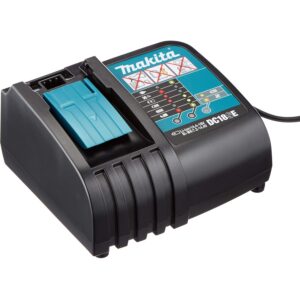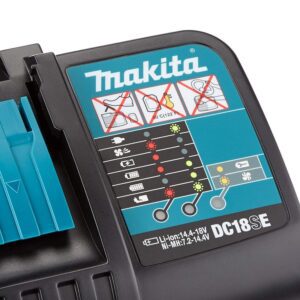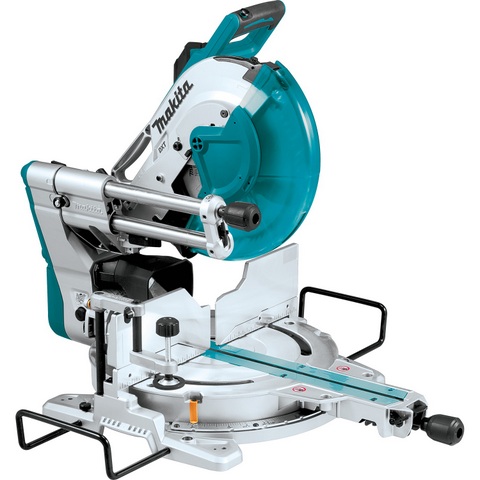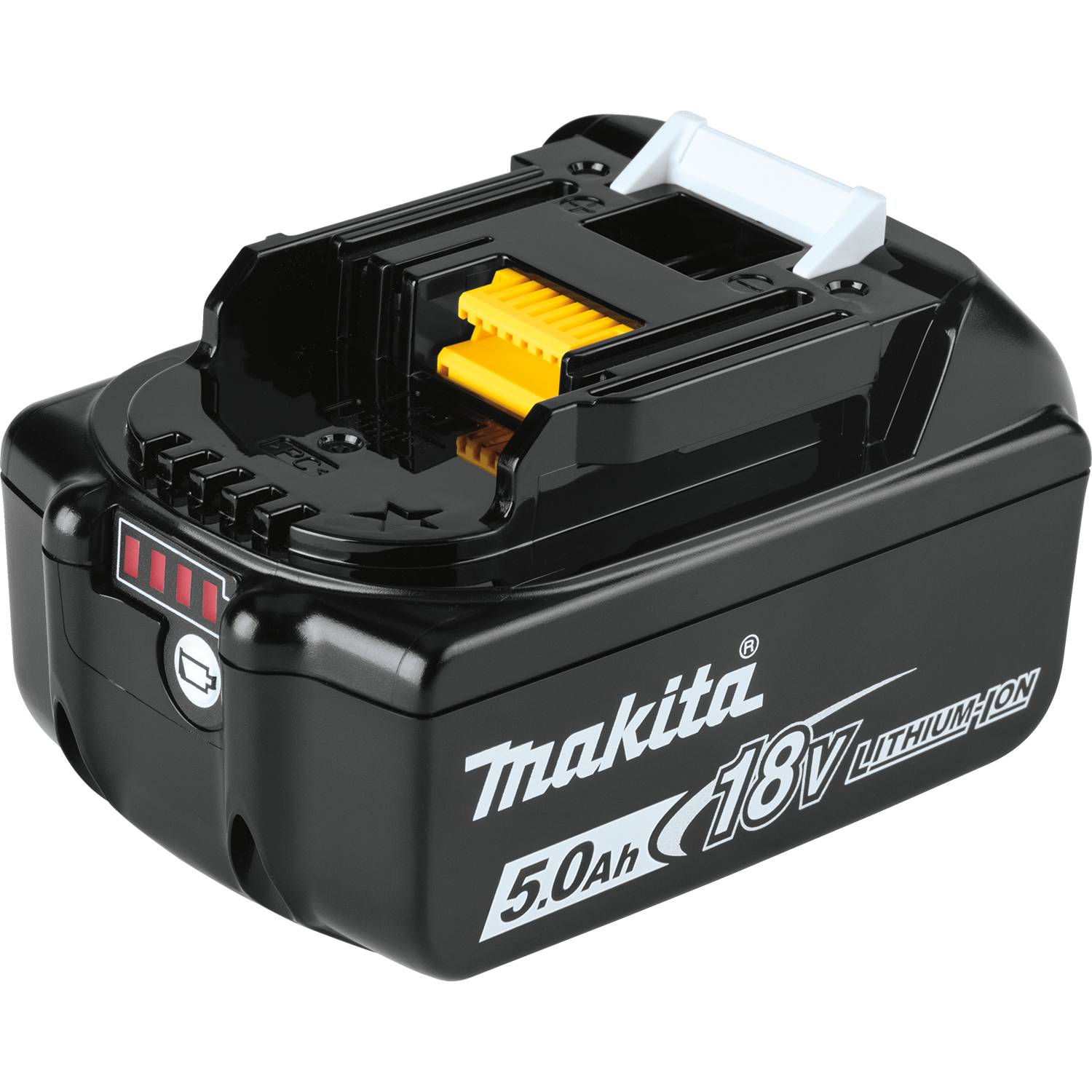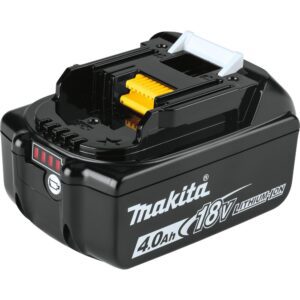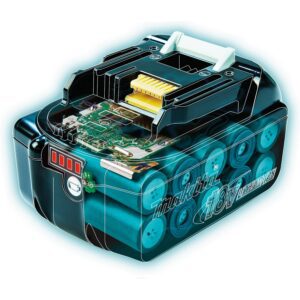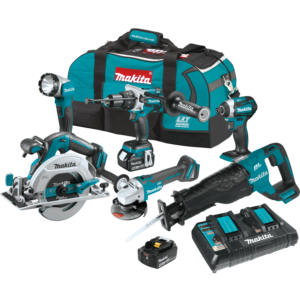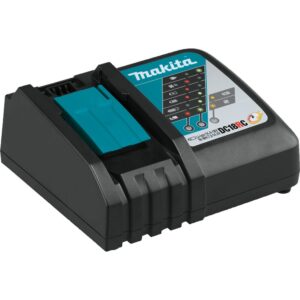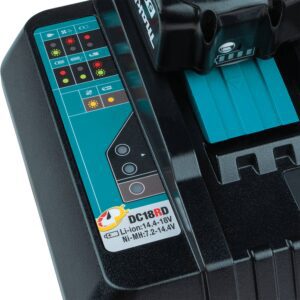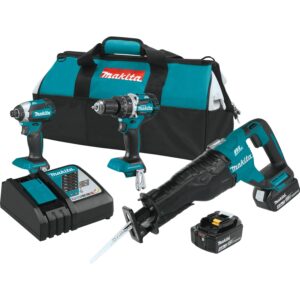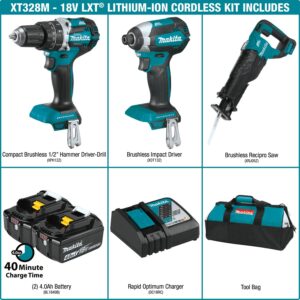Reciprocating Saw Blades, 4″ to 12″
Reciprocating saws have become standard workhorses on jobsites today. From roughing in lumbar, to cutting sheet metal, to demolishing walls, and everything in between, there is a blade and saw available.
Generally speaking, besides the length of the blade, the number of teeth per inch (TPI) is the defining characteristic of the blades. A lower TPI number means a rougher cut and is useful for wood, plastics, and fiberglass. A higher TPI means a finer cut and is useful for metals.
- Additional information
- Description
Additional information
| Length & Teeth | 4″, 18 TPI, 6″, 6 TPI, 6″, 10 TPI, 6″, 14 TPI, 6″, 18 TPI, 6″, 24 TPI, 8″, 10 TPI, 8″, 14 TPI, 8″, 18 TPI, 9″, 6 TPI, 12″, 5-8 TPI, 12″, 10-14 TPI, 12″, 18 TPI |
|---|
Reciprocating saws have become standard workhorses on jobsites today. From roughing in lumbar, to cutting sheet metal, to demolishing walls, and everything in between, there is a blade and saw available.
Generally speaking, besides the length of the blade, the number of teeth per inch (TPI) is the defining characteristic of the blades. A lower TPI number means a rougher cut and is useful for wood, plastics, and fiberglass. A higher TPI means a finer cut and is useful for metals.
Related Products
-
Makita 3-Pc Hammer Drill/ Impact/ Recipro-Saw, 18V LXT
Makita is the innovation leader in brushless motor technology, and the XT330T Combo Kit provides three BL™ Brushless Motor solutions for drilling, driving and demolition – and each one delivers longer run time, increased power and speed, and longer tool life.
The XT330T includes a BL™ Brushless Motor Hammer Driver-Drill that delivers a full 1,090 in.lbs. of torque, an impact driver with 3-speed power selection and 1,550 in.lbs. of Max Torque, and a recipro saw with a refined crank mechanism that delivers faster blade speed and longer stroke length for more efficient cutting. The kit also includes two fast-charging 18V LXT® Lithium-Ion 5.0Ah batteries, Rapid Optimum Charger, and tool bag. -
Makita Single Port Automotive Charger, 18V LXT
The Makita Optimum automotive charger is designed for anyone that needs to be able to charge their LXT batteries on the go, perfect for tradesmen and other professional that can use the down time to re-charge their batteries using conventional 12V sockets.
The Optimum Charger offers key advantages for Makita 18V Lithium-Ion cordless tool users. The exclusive built-in fan cools the battery by forcing air through the battery’s air vents during the charging process for faster charging. The charger communicates with the battery’s built-in chip throughout the charging process to optimize battery life by actively controlling current, voltage and temperature. The result is category-leading battery charge times, which means the battery spends more time working and less time sitting on the charger.
-
Makita Subcompact 3‑Pc. Combo Kit, 18V LXT
Makita created a new class in cordless with 18V LXT® Sub-Compact tools. Makita Sub-Compact gives users 12V handling with 18V performance, and compatibility with the world’s largest 18V cordless tool system. The CX300RB is a combo kit with three 18V sub-compact solutions for drilling, driving, fastening and cutting.
The kit includes an ultra-compact 2-speed brushless driver-drill with two speed settings that weighs only 2.8 lbs., and a variable speed brushless impact driver with two speed settings that weighs only 2.6 lbs. For more efficient fastening, the impact driver features Assist Mode (A-mode) which helps eliminate “screw cam-out” and “cross threading” by driving at low speed until tightening begins. The kit also includes brushless recipro saw with 0-3,000 strokes per minute, yet weighs only 6.2 lbs. The kit includes two 18V LXT® Compact 2.0Ah batteries, and each reach a full charge in only 25 minutes on the efficient Rapid Optimum Charger – the fastest charge-time in the category – for less downtime and increased productivity. For added convenience, the batteries feature an integrated L.E.D. battery charge level indicator.
It’s part of Makita’s expanding 18V LXT® system, the world’s largest cordless tool system powered by 18V Lithium-Ion batteries. Makita 18V LXT® batteries have the fastest charge times in their categories, so they spend more time working and less time sitting on the charger.
For improved tool performance and extended battery life, Makita created Star Protection Computer Controls™. Star Protection is communication technology that allows the Star Protection-equipped tool and battery to exchange data in real time and monitor conditions during use to protect against overloading, over-discharging and overheating. For increased versatility, the tool can also be powered by Makita 18V LXT® and Compact Lithium-Ion batteries with the star symbol on the battery indicating Star Protection inside.
-
Makita 12″ Dual Bevel Sliding Compound Miter Saw
The Makita 12” Dual-Bevel Sliding Compound Miter Saw with Laser (model LS1219L) combines capacity, accuracy and efficient dust extraction in a more compact size, with a unique 2-Steel Rail Sliding System that offers a reduced footprint for operation flush against a wall. The innovative direct-drive gearbox and guard system is engineered for increased vertical cutting capacity of baseboard (6-3/4”) and crown molding (8” nested). It will also make 15” crosscuts at 90 degrees. The saw miters 0° to 60° left and right, with positive stops at 0°, 15°, 22.5°, 31.6°, 45° and 60° (left or right). The bevel lock is located in the front of the saw for easy access and quick adjustments from 0° to 48° (left and right).
-
Makita XT453T 5-Piece Combo Kit, 18V LXT
Makita is the innovation leader in brushless motor technology, and the XT453T 18V LXT® Combo Kit provides three BL™ Brushless Motor solutions for drilling, driving and demolition – and each one delivers longer run time, increased power and speed, and longer tool life.
The XT453T includes a hammer driver-drill that delivers a full 1,250 in.lbs. of torque, an impact driver with 3-speed power selection and 1,550 in.lbs. of max torque, and a recipro saw with a refined crank mechanism that delivers faster blade speed and longer stroke length for more efficient cutting. The kit also includes an 18V LXT® L.E.D. Flashlight, as well as two fast-charging 18V LXT® Lithium-Ion 5.0Ah batteries, Rapid Optimum Charger, and tool bag.
-

 Read MoreQuick View
Read MoreQuick ViewMakita 18V LXT Battery Series, w/ Star Protection
The Makita 18V LXT® Lithium-Ion battery charges faster and works longer than standard lithium-ion batteries, giving you and your cordless tools unmatched performance and productivity to take on the most demanding applications. The Makita line of 18V batteries combines more run time, with category-leading charge times, so they spend more time working and less time sitting on the charger. For added convenience, they also features an L.E.D. charge level indicator to monitor battery charge.
For improved tool performance and extended battery life, Makita created STAR Protection Computer Controls™. STAR Protection is communication technology that allows the tool and battery to exchange data in real time and monitor conditions during use to protect against overloading, over-discharging and overheating. The 18V LXT® battery series is compatible only with Star Protection tools, indicated by the Star Symbol™ and/or Yellow Battery Receiver under the tool. All current Makita tools sold at Thread Source are Star compatible.
There are five batteries available in the Makita 18V LXT lineup. Those are:
- BL1820B, 18V LXT 2.0Ah
- BL1830B, 18V LXT 3.0Ah
- BL1840B, 18V LXT 4.0Ah
- BL1850B, 18V LXT 5.0Ah
- BL1860B, 18V LXT 6.0Ah
-
Makita 55″ Guide Rail for Use with Plunge Saw
The Makita 55″ Plunge Saw Guide Rail (194368-5), when used with a Makita Plunge Circular Saw (SP6000) is a more portable option to a table saw for ripping sheet material. The Guide Rail interacts with the Plunge Saw (not included) to provide smooth, dead-on straight cuts. For use with the Makita 6-1/2 in. Plunge Circular Saws (models SP6000K/K1 and SP6000J/J1).
-
Makita 6-Pc Combo Kit, 5.0AH, 18V LXT
Makita is the innovation leader in brushless motor technology, and the XT611PT Combo Kit provides BL™ Brushless Motor tools that deliver longer run time, increased power and speed, and longer tool life. This 6-Piece Combo Kit is built for the pro-user who requires a wide range of best-in-class cordless solutions for drilling, driving, fastening, cutting, grinding, and lighting.
-
MAKITA SINGLE PORT RAPID CHARGER, 18V LXT
Makita LXT® is the world’s largest cordless tool system powered by 18V Lithium-Ion slide-style batteries. At the heart of the Makita 18V LXT® System is the efficient Rapid Optimum Charger.
The Rapid Optimum Charger offers key advantages for Makita 18V Lithium-Ion cordless tool users. The exclusive built-in fan cools the battery by forcing air through the battery’s air vents during the charging process for faster charging. The charger communicates with the battery’s built-in chip throughout the charging process to optimize battery life by actively controlling current, voltage and temperature. The result is category-leading battery charge times, which means the battery spends more time working and less time sitting on the charger.
-
Makita 3-Pc Hammer Drill/ Impact/ Recipro Saw, 18V LXT
The Makita 18V LXT® Lithium-Ion Brushless 3-Piece Combo Kit (model XT328M) gives you three efficient brushless tools for drilling, driving, fastening, and demolition. You also get the category’s fastest-charging 4.0Ah batteries and the expansive breadth-of-line of the Makita 18V LXT® battery platform, so your batteries will power the expanding range of Makita tools and accessories. The XT328M includes a variable speed ½” hammer driver-drill with two speed settings, and a variable speed impact driver with a full 1,500 inch-pounds of Max Torque. The recipro saw has a refined crank mechanism design that minimizes blade deflection and reduces vibration for faster, more efficient cutting. For added convenience, the 18V LXT® 4.0Ah battery has an on-board L.E.D. charge-level indicator and reaches a full charge in only 40 minutes.





